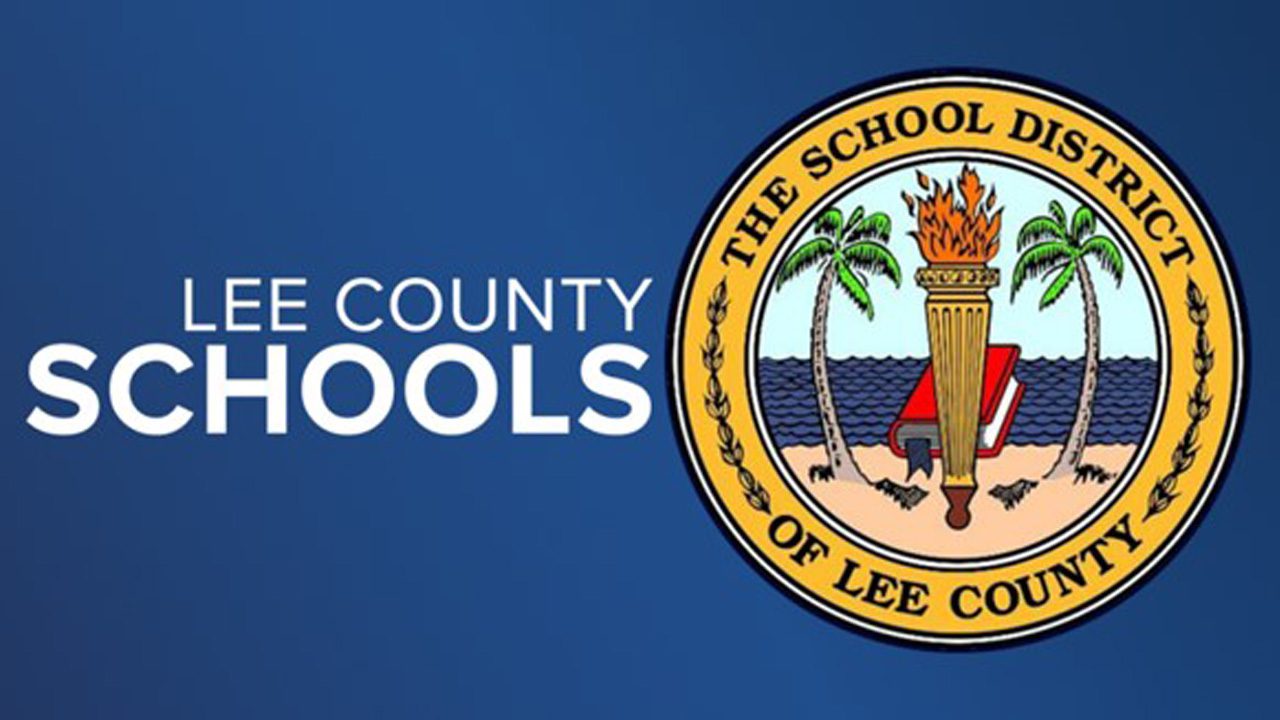School Board elections could become political party affairs
WGCU | By Jeffrey Hrunka | September 9, 2024
Every two years new amendments are proposed to the Florida Constitution. This fall Amendment 1 could have the most effect on those who don’t have a say in the change: children in public schools.
Amendment 1 proposes making school board elections partisan starting in 2026. Candidates would have to be nominated in partisan primary elections with each of the parties’ nominees going against each other in the general election.
This would mean voters would elect the political party members to school boards, and those people would make decisions affecting students. Most public school students are too young to be eligible voters.
Florida has had nonpartisan school board elections since 2000. That’s when Florida Amendment 11 took effect, allowing anyone to run for school board, without political party affiliation. Voters approved nonpartisan boards in 1998, and 2000 was the first election cycle for nonpartisan races. Before 2000 school board candidates did run on party affiliation.
Now state Rep. Spencer Roach, a Republican from North Fort Myers, says it’s time to go back to the old ways, by requiring party identification for school board candidates. Roach sponsored a resolution in support of partisan school board races in 2023, and the Florida House of Representatives approved it. Roach said he is urging people to vote yes on 1.
“We want maximum participation,” Roach said in an interview with The Florida Roundup, a public affairs broadcast produced by National Public Radio affiliates WLRN in Miami and WUSF in Tampa. “The goal here is not to help Republicans or hurt Democrats. It is about transparency. As policy makers we have the obligation to provide voters with as much information as possible. Having a party affiliation will let voters know where the candidates stand on divisive issues.”
Roach said those include school choice, library book policies, gender policies relating to bathrooms and participation in boys’ and girls’ sports, among many other issues.
J.F. “Jeff” McCullers disagrees. He is the former director of grants and programs for the Lee County School District.
“We want parents and citizens to pick school board members based on their experience, on their character, on their judgment … and we don’t want parties to control it,” he said. “If we have a school member running as a member of a party, they will not answer to parents, they will not answer to the average citizen.”
McCullers said the main concern is that partisan board members will care most about representing their parties, and not about the needs of the school district.
“If you come in with a party agenda, you don’t want to talk about that stuff,” McCullers said. “You don’t care about what size pipe is under the sidewalk. Now you care about whatever the party cares about, which is usually something involving getting votes or getting funds.”
Some opponents also worry that running by party will bring a lot more money into contests.
“Many school board members are not big wigs in their community, they are local people that care about their school,” King Alexander, FGCU professor of educational leadership, said. “But when you politicize it and big money starts flowing into it, you’re going to drive out the local people who have never been in politics and don’t want to be in politics. They just want their local school issues handled.”
One member of the Lee County School Board agrees.
“Issues surrounding children are never Democrat or Republican,” Chris Patricca said. “[They] are always supposed to be what’s in the best interest of those children and what’s in the best interest of the community.”
Patricca, whose term on the board expires in November, added that she believes partisan elections will harm the quality of public education. And she said politically motivated school boards could defer to state government for guidance on some issues.
“We’ve got some AP courses that perhaps have curriculum that the governor and the hard right does not agree with,” Patricca said. “So those materials are banned in the state of Florida, and now their children don’t have access to advanced placement courses, that impacts the quality of their children’s education.”
While conducting interviews for this story, some people declined to comment because they knew little, if anything, about Amendment 1. FGCU student Hervans Pierre said he likes the argument for transparency.
“…Because when you choose a party, you choose a co-op of ideals that you know people expect you to follow,” Pierre said. “When it comes to transparency, people need to know what you do believe in and what you don’t.”
Gov. Ron DeSantis supported legislative efforts to put Amendment 1 on this year’s ballot. The governor has endorsed certain school board candidates in the past couple of election cycles.
Florida resident Eddie Figueroa wants party politics out of the classrooms. “I think when it comes to learning at an academic level, any kind of political affiliation or political agenda should remain separate from anything having to do with academics,” he said.
Florida’s general election will take place on Tuesday, Nov. 5. Amendment 1 will need a 60% in favor vote to pass.
People who are registered can vote in person at their local polling location, vote early at some polling places, or vote-by-mail by requesting a ballot by 5 p.m. October 24.
“All of this is why our founders didn’t think much of parties, and why they have no role in our national or state constitutions,” McCullers said. “It looks like Florida is going to take away one more guardrail and give parties even more power.”
Roach said right now voters may not know which candidates identify as NPA – no party affiliation. “If you truly support nonpartisan candidates running and getting elected to school boards, you should support this bill,” Roach said to on the public radio broadcast. “Because this is the only way you’ll know who they are.”






